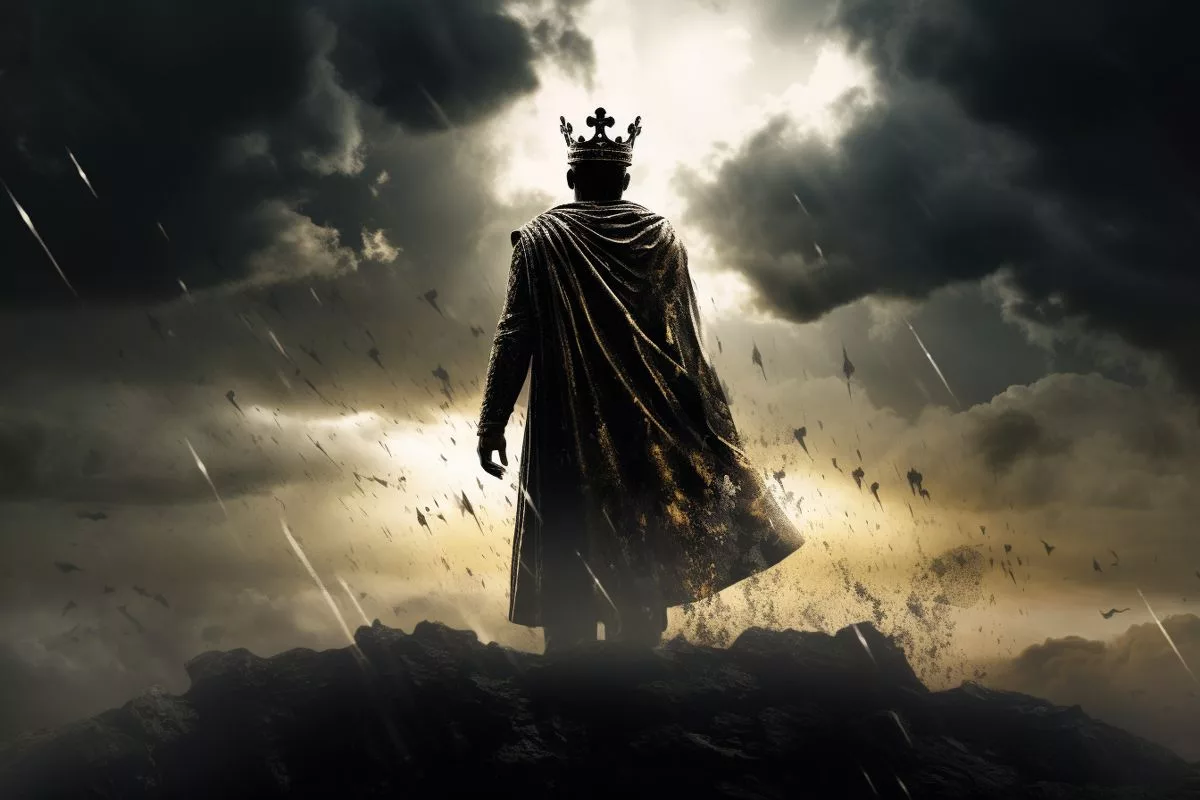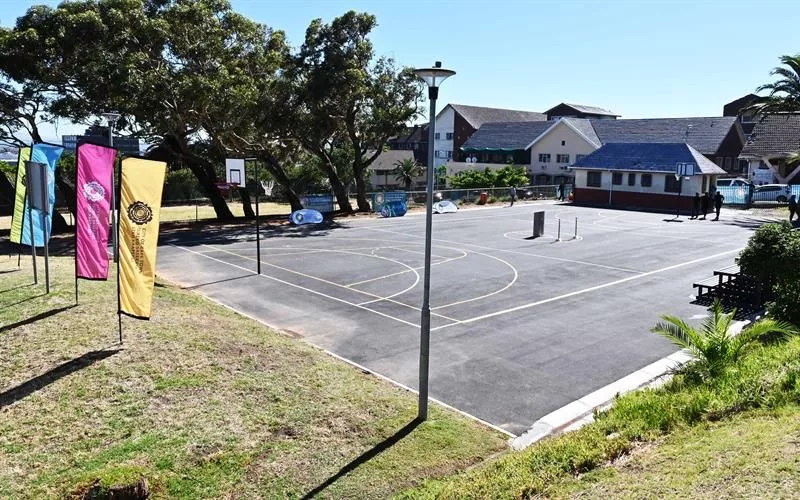The legitimacy of King Misuzulu Ka Zwelithini’s recognition as the Zulu nation’s leader is being evaluated by the Pretoria High Court in a legal dispute over President Cyril Ramaphosa’s decision. The Zulu monarchy holds significant power in the KwaZulu-Natal province, and the president’s role in acknowledging traditional leaders is crucial. The court’s ruling is expected to have ripple effects beyond the courtroom, potentially influencing traditional authorities’ governance and their relationship with the state. Meanwhile, public discourse and Twitter battles continue, underscoring the profound cultural significance of this issue.
In Johannesburg, a legal dispute is brewing over the recognition of King Misuzulu Ka Zwelithini as the Zulu nation’s leader by President Cyril Ramaphosa. The Pretoria High Court is tasked with evaluating the legitimacy of the president’s action, a succession dispute that captured the attention of South Africans.
The Significance of the Zulu Monarchy
The Zulu monarchy holds significant power in the KwaZulu-Natal province, despite its ceremonial role, acting as the fulcrum of an intricate machinery. King Misuzulu, the firstborn of the late King Goodwill Zwelithini kaBhekuzulu and Queen Mantfombi Dlamini, navigates a tumult of legal challenges following his father’s death in March 2021. The late king’s reign started in 1968, leaving a legacy entwined with both tradition and modern governance complexities.
The President’s Role in Acknowledging Traditional Leaders
The president’s role in acknowledging traditional leaders is crucial, but it is confined within the framework of traditional laws, intertwined with input from royal families and councils. The High Court’s ruling on the president’s decision is expected to have ripple effects that extend beyond the courtroom’s confines, potentially influencing traditional authorities’ governance and their relationship with the state.
Public Discourse and Twitter Battles
This succession drama has unfolded amidst public discourse, with Twitter transforming into a battleground for people voicing diverse perspectives on the issue. The announcement has spawned a myriad of tweets, expressing a spectrum of emotions from concern for the Zulu nation’s welfare to celebrations. Political nuances underline the conversation surrounding the king’s acknowledgement.
The High Court’s Decision and the Future of Traditional Leadership
As the Pretoria High Court deliberates the nuances of law and tradition, the nation awaits the outcome with bated breath. The Zulu royal succession weaves a narrative of profound cultural significance, legal intricacy, and public engagement. The resolution of this predicament will not only shape King Misuzulu’s reign but also establish a benchmark for traditional leadership’s engagement with modern governance in South Africa.
Cape Town Today remains vigilant, promising to offer readers real-time updates on this unfolding narrative, a nation’s heritage and its ongoing interplay with the pulse of constitutional democracy.
1. What is the legal dispute surrounding King Misuzulu Ka Zwelithini’s recognition?
The legal dispute involves the legitimacy of President Cyril Ramaphosa’s decision to recognize King Misuzulu Ka Zwelithini as the Zulu nation’s leader following a succession dispute.
2. What is the significance of the Zulu monarchy?
The Zulu monarchy holds significant power in the KwaZulu-Natal province and acts as the fulcrum of an intricate machinery, despite its ceremonial role. King Misuzulu Ka Zwelithini is navigating a tumult of legal challenges following his father’s death in March 2021.
3. What is the president’s role in acknowledging traditional leaders?
The president’s role in acknowledging traditional leaders is crucial but is confined within the framework of traditional laws, intertwined with input from royal families and councils.
4. What is the public discourse surrounding the issue?
The announcement of King Misuzulu Ka Zwelithini’s recognition has spawned a myriad of tweets, expressing a spectrum of emotions from concern for the Zulu nation’s welfare to celebrations. Political nuances underline the conversation surrounding the king’s acknowledgment.
5. What is the potential impact of the High Court’s ruling?
The High Court’s ruling is expected to have ripple effects beyond the courtroom, potentially influencing traditional authorities’ governance and their relationship with the state. The outcome will also establish a benchmark for traditional leadership’s engagement with modern governance in South Africa.












